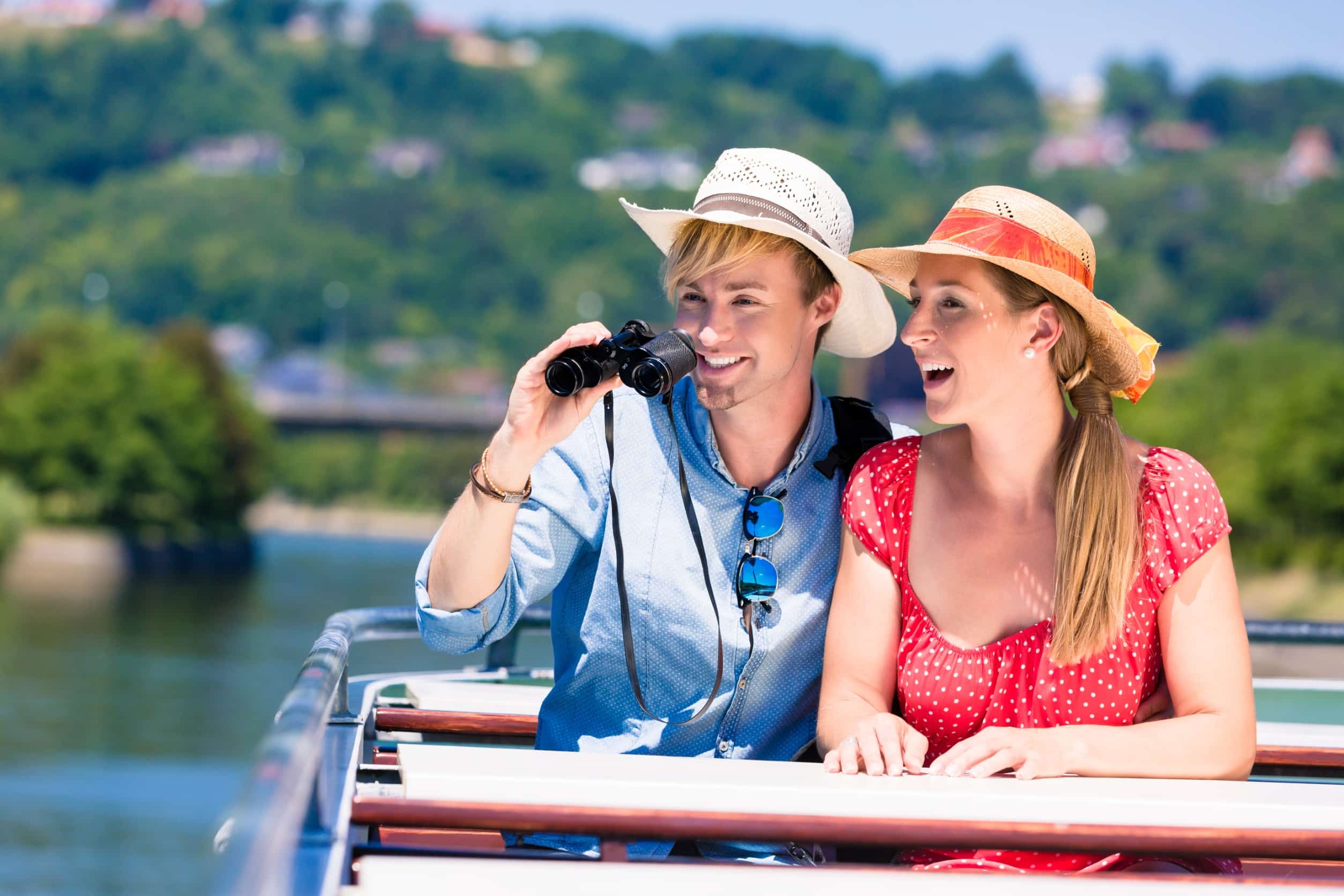You may think that being on a boat for vacation is the same no matter where you do it, but there’s more to it than simply the vessel you’re on. River cruising has become quite popular recently, and many more people are exploring this cruising experience.
What is the distinction between a river cruise and an ocean cruise? Are there legal differences you should be aware of? Here is what you need to know about river cruises versus the ocean cruises you may be more familiar with to help you decide if it’s something you want to try.
Key Differences
One of the biggest differences between ocean cruises and river cruises is – obviously – the waters they travel in. However, there is more to what sets these cruise experiences apart. Some of the key differences are:
Size of the Vessel
Ocean cruise ships are like floating cities. They can handle thousands of passengers at one time and have numerous facilities packed into the space. It’s not unheard of to get lost on an ocean cruise ship!
In contrast, river cruise ships are far smaller. Most can only hold about 200 passengers, providing a much more intimate experience. You can really get to know the people you’re cruising with.
Cabin Size
Another big difference between an ocean cruise and a river cruise is the size of your room. Typically, river cruise rooms are smaller. One major plus to your room on a river cruise? You won’t get stuck in an inside room. Most river cruise rooms have a balcony or a window facing the water.
Additionally, newer river cruise ships have many luxurious extras like panoramic windows, really upping the experience in the cabin over an ocean cruise ship cabin.
Dining
Large cruise ships often have several restaurants, including bars, main dining rooms, and smaller dining options. On a river cruise, you may only have one dining option (possibly up to two on larger vessels).
Onboard Experience

A large ocean cruise ship is all about the onboard experience. That’s why you can find so many things to do without leaving the ship. On some boats, you can see Broadway-caliber musicals or even go ice skating, all on top of casinos, spas, and shops to enjoy.
River cruises are more focused on the destinations. You won’t stop at major ports, but smaller towns inland where you can have intimate cultural experiences.
Entertainment
As mentioned, entertainment aboard an ocean cruise can be extensive. From musical theater to casinos to nightclubs, ocean cruise ships have countless options on board and when you get to port.
On a river cruise, entertainment is limited, but there’s still a lot to do. You can often participate in workshops or seminars during the voyage, see shows that include dancing or singing, or take a cooking class.
Days at Sea
Ocean cruises have days where all you do is stay at sea as you move to another destination. Ocean cruising is very popular for people who simply want to relax and spend some time kicking back due to these days at sea. On a river cruise, you don’t have to travel far to each destination, making it easy to experience new ports and spend less time on the ship.
Shore Excursions
One of the biggest draws of both cruises is that passengers can experience things on shore. You can book tours at every port of call on an ocean cruise or are free to explore the destination alone. On a river cruise, the excursions are more focused, often starting with a guided tour and then free time to explore.
Legal Issues
Ocean cruise ships operate under a specific area of the law called maritime law. Mostly, this is associated with international waters and some of the more complex regulations of cruise ship law.

Of course, maritime law refers to navigable waters, which are any waters that can accommodate the transportation of goods and people. The court often has to decide what is navigable. That’s why you need to discuss your case with a lawyer familiar with maritime law.
About the Author:
Andrew Winston is a partner at the personal injury law firm Winston Law. For over 20 years, he has successfully represented countless people in all personal injury cases, focusing on child injury, legal malpractice, and premises liability. He has been recognized for excellence in representing injured clients by admission to the Million Dollar Advocates Forum and named one of America’s Top 100 High-Stakes Litigators. Mr. Winston is AV Preeminent Rated by the Martindale-Hubbell Law Directory, enjoys a 10.0 rating by AVVO as a Top Personal Injury Attorney, and has been selected as a Florida “SuperLawyer” from 2011-2022– an honor reserved for the top 5% of lawyers in the state – was voted to Florida Trend’s ”Legal Elite,” recognized by Expertise as one of the 20 Best Fort Lauderdale personal injury attorneys, named one of the Top 100 Lawyers in the Miami area for 2015-2022, and one of the Top 100 Lawyers in Florida for 2015-2017 and 2019-2022.







